~ * ~
1.0 Is the Loneliest Number
Many entrepreneurs idolize Steve Jobs. He’s such a perfectionist, they say. Nothing leaves the doors of 1 Infinite Loop in Cupertino without a polish and finish that makes geeks everywhere drool. No compromise!
I like Apple for the opposite reason: they’re not afraid of getting a rudimentary 1.0 out into the world.
“No wireless. Less space than a nomad. Lame.” — cmdrtaco, Slashdot.org, 2001, reviewing the first iPod
I remember my first 1G iPhone. Like a meal you have to wait for, or a line outside a club, the fact that I stood in line for hours made the first time I swiped to unlock the phone that much sweeter. It felt like I was on Star Trek and this was my magical tricorder… a tricorder that constantly dropped calls on AT&T’s network, had a headphone adapter that didn’t fit any of the hundreds of dollars of headphones I owned, ran no applications, had no copy and paste, and was as slow as molasses.
Now, the crazy thing about that release is when the original iPhone went public, flaws and all, you know that in a secret room somewhere on Apple’s campus they had a working prototype of the 3GS with a faster processor, better battery life, normal headphone jack… a perfect everything. Steve Jobs was probably already carrying around one in his pocket. How painful it must have been to have everyone criticizing them for all the flaws they had already fixed but couldn’t release yet because they were waiting for component prices to come down or for some bugs to be worked out of the app store.
“$400 for an Mp3 Player! I’d call it the Cube 2.0 as it wont sell, and be killed off in a short time… and it’s not really functional. Uuhh Steve, can I have a PDA now?” — elitemacor, macrumors.com, 2001, responding to the original iPod announcement
Or, I wonder, are they really quite zen about the whole thing? There is a dark time in WordPress development history, a lost year. Version 2.0 was released on December 31st, 2005, and version 2.1 came out on January 22nd, 2007. Now just from the dates, you might imagine that perhaps we had some sort of rift in the open source community, that all the volunteers left or that perhaps WordPress just slowed down. In fact it was just the opposite, 2006 was a breakthrough year for WP in many ways: WP was downloaded 1.5 million times that year, and we were starting to get some high-profile blogs switching over. The growing prominence had attracted scores of new developers to the project and we were committing new functionality and fixes faster than we ever had before.
What killed us was “one more thing.” We could have easily done three major releases that year if we had drawn a line in the sand, said “finished,” and shipped the darn thing. The problem is that the longer it’s been since your last release the more pressure and anticipation there is, so you’re more likely to try to slip in just one more thing or a fix that will make a feature really shine. For some projects, this literally goes on forever.
“hey – heres an idea Apple – rather than enter the world of gimmicks and toys, why dont you spend a little more time sorting out your pathetically expensive and crap server line up? or are you really aiming to become a glorified consumer gimmicks firm?” — Pants, macrumors.com, 2001
I imagine prior to the launch of the iPod, or the iPhone, there were teams saying the same thing: the copy + paste guys are *so close* to being ready and we know Walt Mossberg is going to ding us for this so let’s just not ship to the manufacturers in China for just a few more weeks… The Apple teams were probably embarrassed. But if you’re not embarrassed when you ship your first version you waited too long.
A beautiful thing about Apple is how quickly they obsolete their own products. I imagine this also makes the discipline of getting things out there easier. Like I mentioned before, the longer it’s been since the last release the more pressure there is, but if you know that if your bit of code doesn’t make this version but there’s the +0.1 coming out in 6 weeks, then it’s not that bad. It’s like flights from San Francisco to LA, if you miss one you know there’s another one an hour later so it’s not a big deal. Amazon has done a fantastic job of this with the Kindle as well, with a new model every year.
Read the full post on Matt Mullenweg and maybe show a rough draft to someone?
~ * ~
If you liked this article, please share. If you have suggestions for further articles, articles you would like to submit, or just general comments, please contact me at paula@publetariat.com





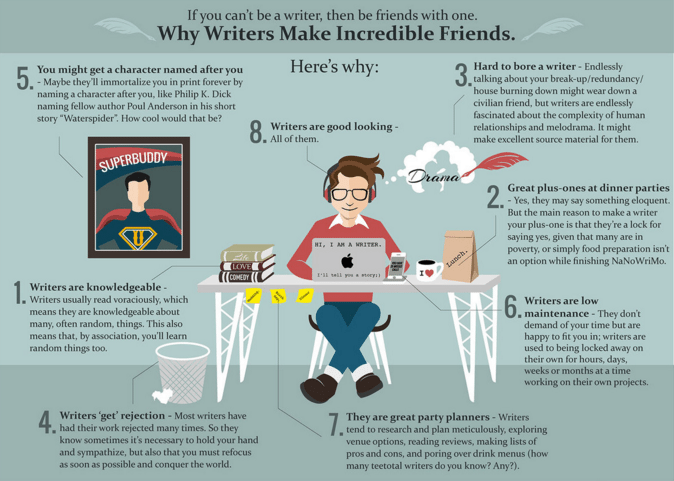



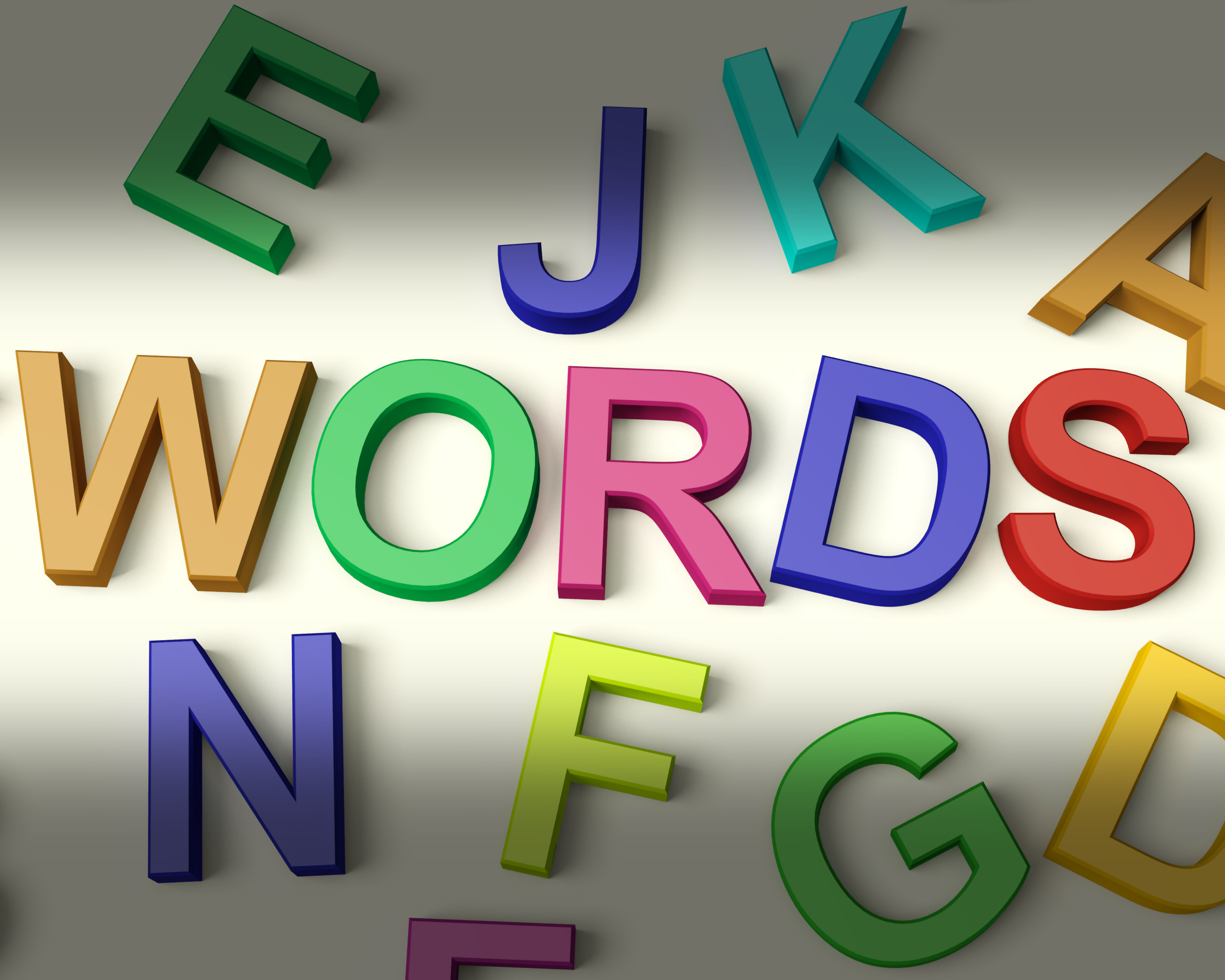



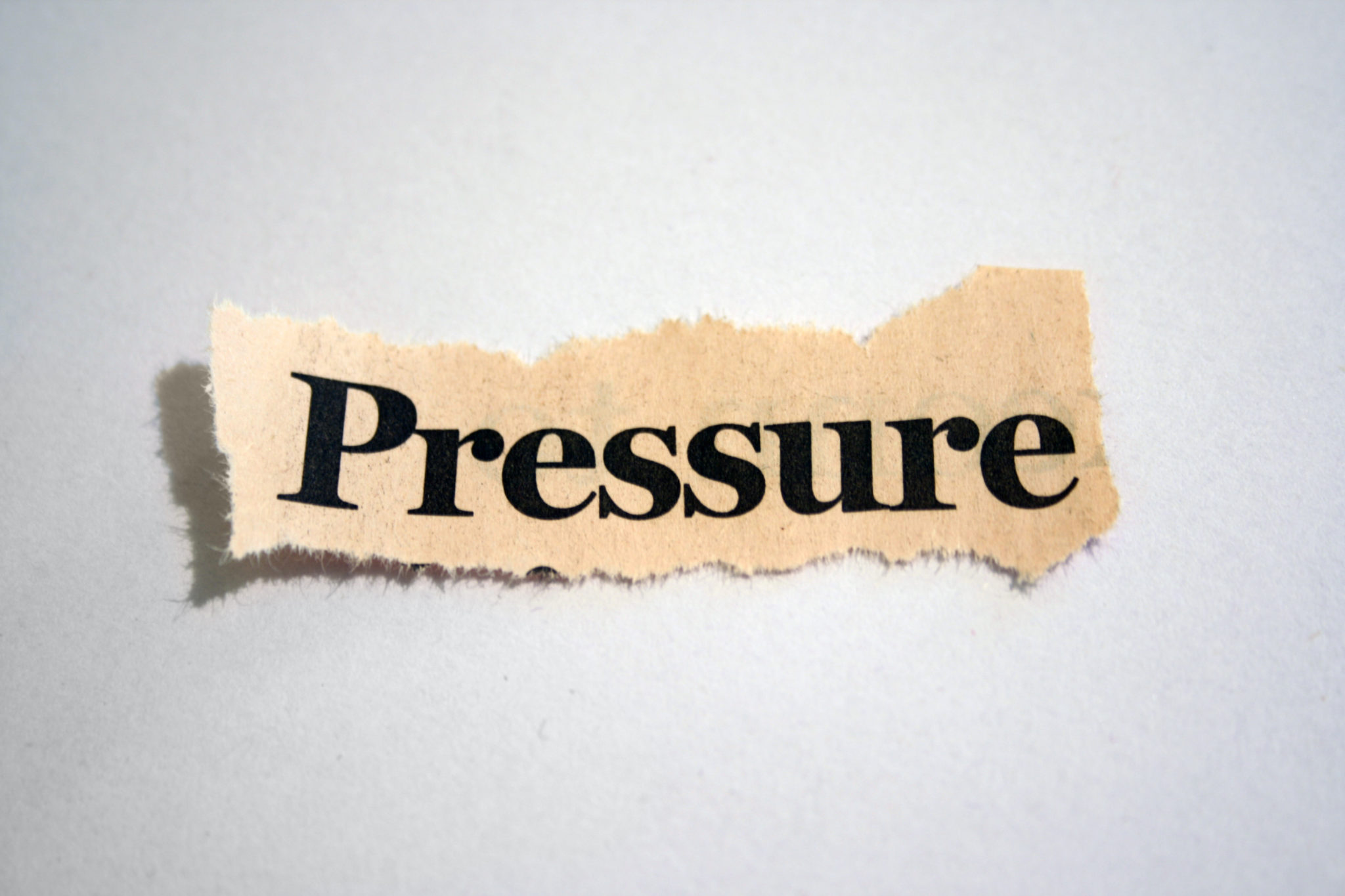

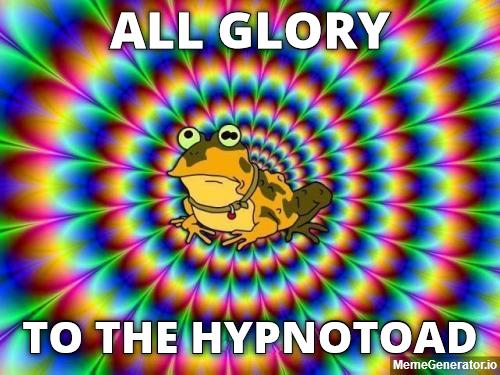
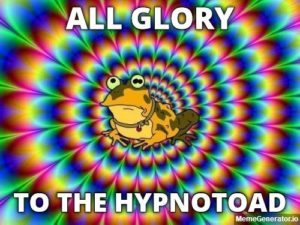 Ensure vs Insure
Ensure vs Insure


